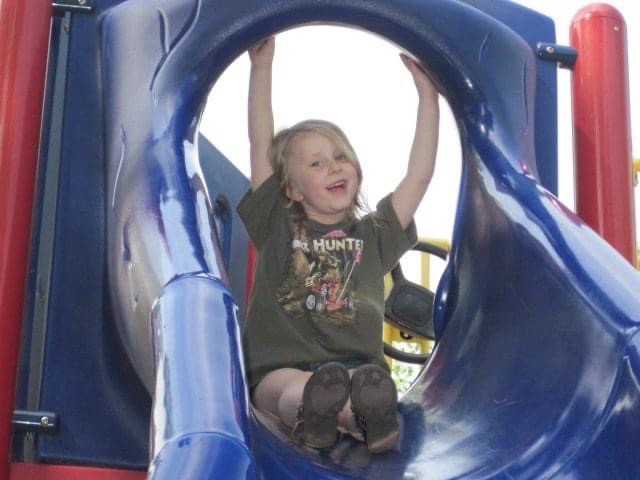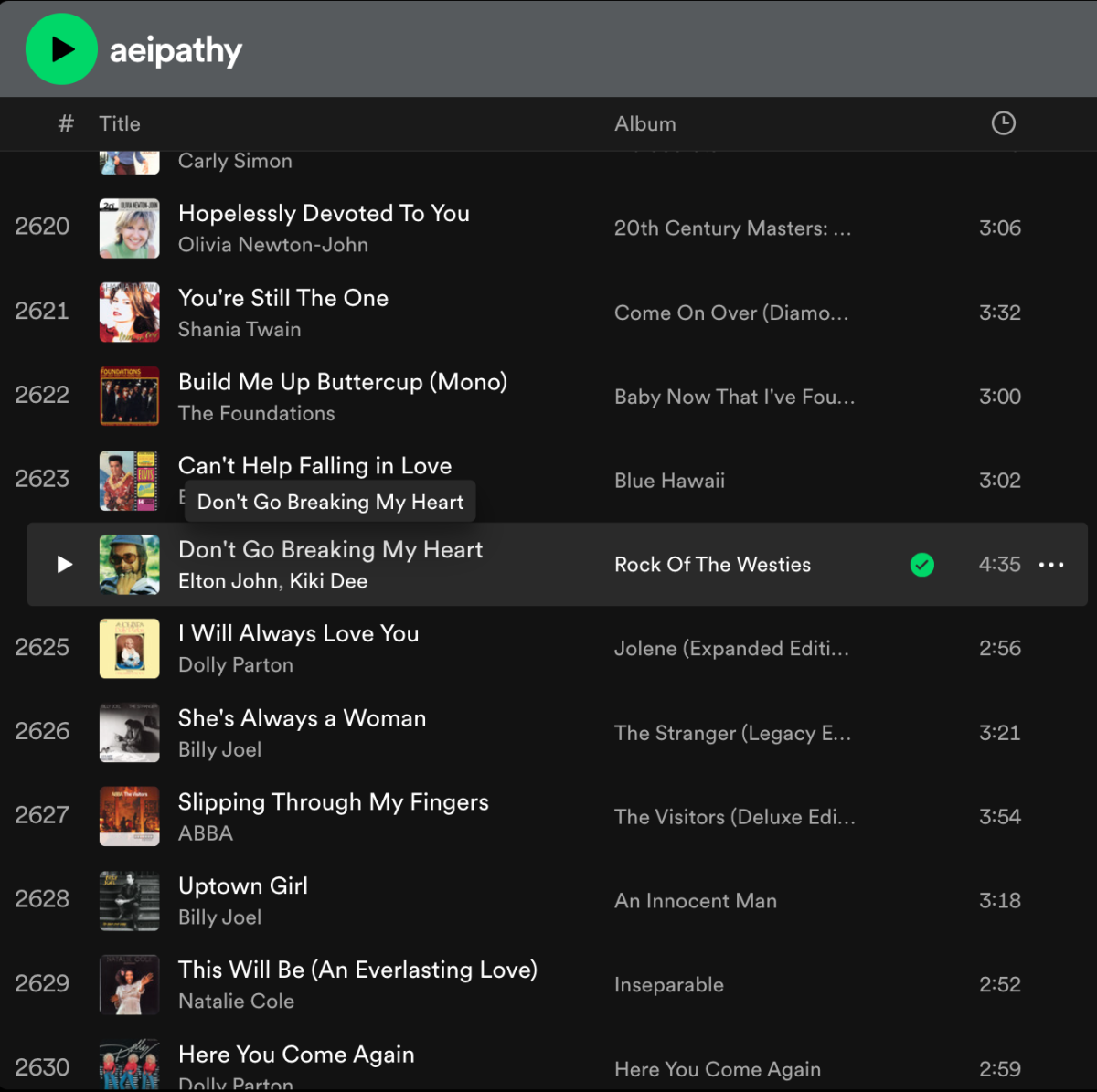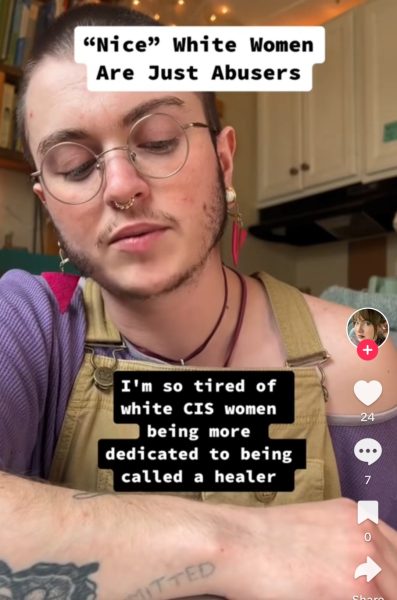The dangers of social media activism

More stories from Linus Kaechele
While Blackout Tuesday brought attention to important politics, was it a prime example of dangerous social media activism?
Activismo sin dientes. I stumbled across this phrase while reading an article in my Spanish class about the growth of Facebook, and I pondered it for longer than I should’ve. I thought about it so heavily partially because of my limited understanding of the Spanish language—despite my fervent efforts—and partially because it’s a strange phrasing, a strange phrasing that makes perfect sense.
Toothless activism.
Toothless activism, in its simplest form, is a cheap strategy for self-glorification and an example of unchecked privilege, and it has only been strengthened by social media’s monstrous societal overtake in the recent decade. Toothless activism is the action of outwardly showing your passion for an issue while internally having no interest in adding to the conversation or intent to help the cause.
In a political era of unsettling polarization, toothless activism has seen an all-time popularity, and it poses a serious threat. With protests, scandals, and discourse littering political arenas nationwide, people have been pressured into voicing their opinions on heavy topics, and for many, the side they chose is not always because they actually believe in it.
Countless demographics must walk through life without the protection of privilege, and for those same demographics, voicing their opinions isn’t just a simple choice. It’s an answer developed after research, experience, and history. These same demographics endure the daily struggle of having their existence be debated in the walls of government buildings. These same demographics endure the daily struggle of being seen as a threat for just taking up space.
These demographics don’t just pay attention to politics—they live it. This is the reason that toothless activism is so hazardous. To exude solidarity and allyship but refuse to act on it is the most dangerous form of dishonesty. Standing alongside those fighting for equality but disappearing when times get tough is as oppressive as denying equality to those who are dying without it. If you won’t help the oppressed, you’re choosing the side of the oppressor.
The majority of toothless activism takes place on social media: the place where people will post a black square and believe they just ended racism. The most pivotal consequence of toothless activism is the aestheticization of politics. Now, politics are trendy, but activism is still being pushed to the side.
By participating in a political trend without understanding its significance, you’re exhibiting toothless activism. By not having any intent to fight the fight after the post is made, you’re exhibiting toothless activism. By telling your LGBT, BIPOC, or neuro-divergent friend that you stand with them but changing your vocabulary once they leave the room, you’re exhibiting toothless activism.
Those who partake in this paradigm of privileged politics aren’t used to being called out, and this is a call-out.
Toothless activism is easy to unlearn. By committing yourself to calling out those close to you when they say something offensive, you’re reversing the danger of toothless activism. By standing by your friends in minority groups and then standing up for them when they can’t stand by themselves, you’re reversing the danger of toothless activism. By paying attention and caring about people other than yourself, you’re reversing the danger of toothless activism.
Being accused of toothless activism is hard to swallow because, oftentimes, those who partake in this paradigm of privileged politics aren’t used to being called out–and this is a callout.
It’s a privilege to be ignorant, but it’s shameful to choose to be.

Linus Kaechele is a senior entering his final year on staff for The Central Trend, and though he is apprehensive of the current situation, he plans to...



























































































Tammie Dykhouse • Oct 15, 2020 at 5:59 pm
Me encanta tu artículo. A veces, mientras exploramos otras lenguas, aprendemos más que vocabulario y gramática, ¿verdad? Aprendemos a pensar y observar a nuestra comunidad en una manera diferente. Podemos abrir los ojos y oír mensajes inesperados.